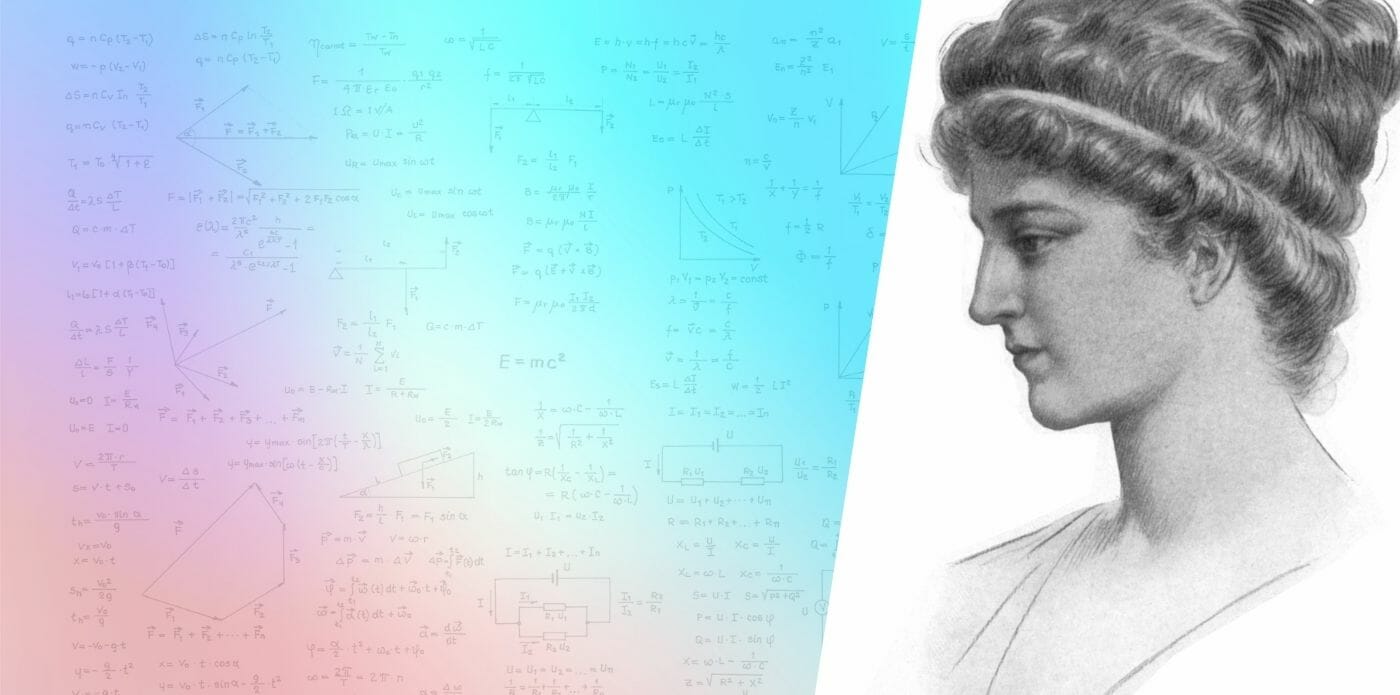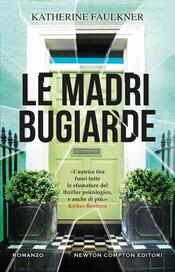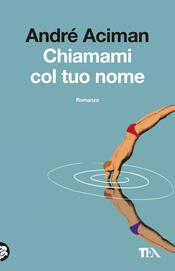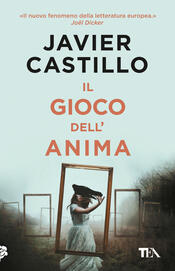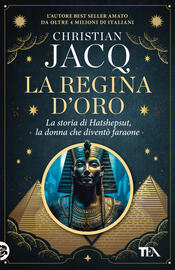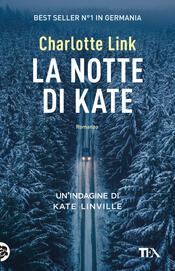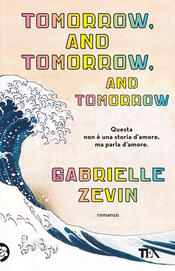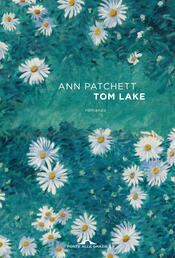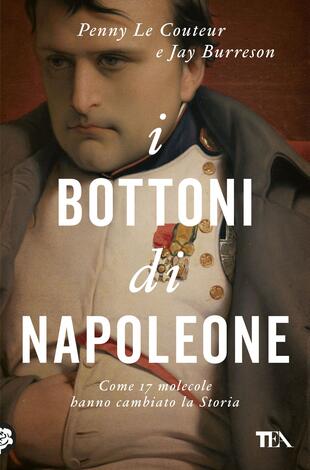

I bottoni di Napoleone
-
Tradotto da: Libero Sosio
Tutti i formati dell'opera
Acquistalo
Sinossi
Come 17 molecole hanno cambiato la storia
Cosa c'entra Napoleone con la chimica, la noce moscata con la peste, un grembiule da cucina con gli esplosivi, il prozac con il benzene? Ce lo spiegano due chimici americani, Penny Le Couteur e Jay Burreson, in questo libro dedicato all'impatto che la chimica organica ha avuto sulla storia delle società umane. E lo fanno partendo da una leggenda secondo la quale una delle cause del fallimento della campagna di Russia di Napoleone sarebbe stato il cedimento dei bottoni di stagno delle uniformi, sbriciolati dal gelo. Le condizioni penose dell'esercito avrebbero così costretto l'imperatore alla ritirata. Più o meno attendibile che sia, questo episodio mostra come spesso la storia sia frutto non tanto delle scelte fatte dall'uomo, ma delle possibilità offerte dalla scienza e dalla tecnologia. Capitolo dopo capitolo, il saggio descrive in che modo comuni sostanze, quali il pepe, l'acido ascorbico, il glucosio, il sale, la seta, il nylon, abbiano segnato lo sviluppo della nostra società. Grazie a un'esposizione chiara e vivace, questo libro è un affascinante viaggio alla scoperta dei legami tra chimica, cultura e storia per comprendere come eventi importanti possano dipendere da qualcosa di così piccolo come una molecola.
- ISBN: 8850250703
- Casa Editrice: TEA
- Pagine: 408
- Data di uscita: 05-07-2018
Recensioni
The seventeen molecules: 1. Peppers, Nutmeg, and Cloves 2. Ascorbic Acid 3. Glucose 4. Cellulose 5. Nitro Compounds 6. Silk and Nylon 7. Phenol 8. Isoprene 9. Dyes 10. Wonder Drugs 11. The Pill 12. Molecules of Witchcraft 13. Morphine, Nicotine, and Caffeine 14. Oleic Acid 15. Salt 16. Chlorocarbon Compounds 17. Mol Leggi tutto
If you like Organic chemistry like i do, have a short attention span like i do, and have a passing interest in the economic, political, and cultural histories of textiles, dyes, and pharmaceuticals - you too may enjoy this nicely written non fiction work
পেনি ল্য কুতা ও জে বার্সন-এ দুই জৈব রসায়নবিদের বই “নেপোলিয়ন’স বাটনস”। এ বইতে তাঁরা ১৭টি রাসায়নিক যৌগ নিয়ে আলোচনা করেছেন যেগুলো তাঁদের মতে মানবসভ্যতার ইতিহাসে সবচেয়ে বেশী প্রভাব ফেলেছে। এ যৌগগুলোর দায়ে কখনো নতুন মহাদেশ আবিষ্কৃত হয়েছে, কখনো হয়েছে যুদ্ধ, যার ফলে পৃথিবীর মানচিত্রও বদলে গেছে। রসা Leggi tutto
This book would fit well in an introduction to chemistry class. I'd recommend it for teenagers who want to learn some chemistry before taking a class in high school. Here are a few interesting tidbits from the book: Is it possible that the buttons on Napolean's troops' jackets moving into Russia dis Leggi tutto
Non-fiction exploration of scientific elements which had an effect on life throughout the history of man. Writers searching for conflict to use in their stories may well want to buy this volume for the multitude of possibilities. My Take This was excellent. Couteur/Burreson beautifully provided a look Leggi tutto
"Napoleon's Buttons" had the potential to be a most interesting book, covering discoveries of new materials, chemicals, and medicines over the past several hundred years. Examples of topics covered include: --- How European demand for the spice molecule piperine (the basic molecule of pepper) not onl Leggi tutto
Ok. I am not a science geek (science was the subject I was least interested in during childhood) but this book is awesome! Probably because it has more to do with the history of science than science itself. Ha, ha! I loved the concept and execution of this book! Each chapter focuses on a specific no Leggi tutto
Well, nice ideas and would-beens and a bunch of maybes over the history based on many different elements and molecules and whatnot. What I've had a problem with was when the book was getting all technical and shit. When they'd mention a bunch of scientific shit that I have no clue about and really g Leggi tutto
Citazioni
Al momento non ci sono citazioni, inserisci tu la prima!
